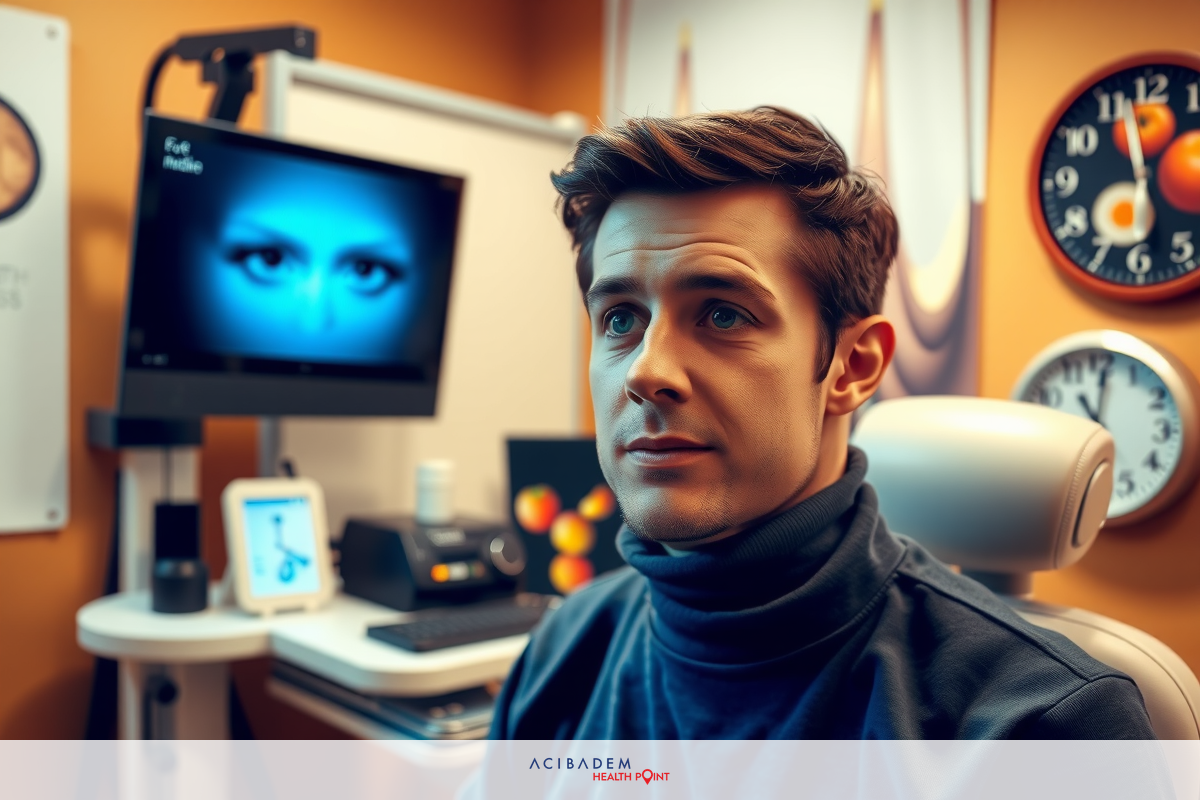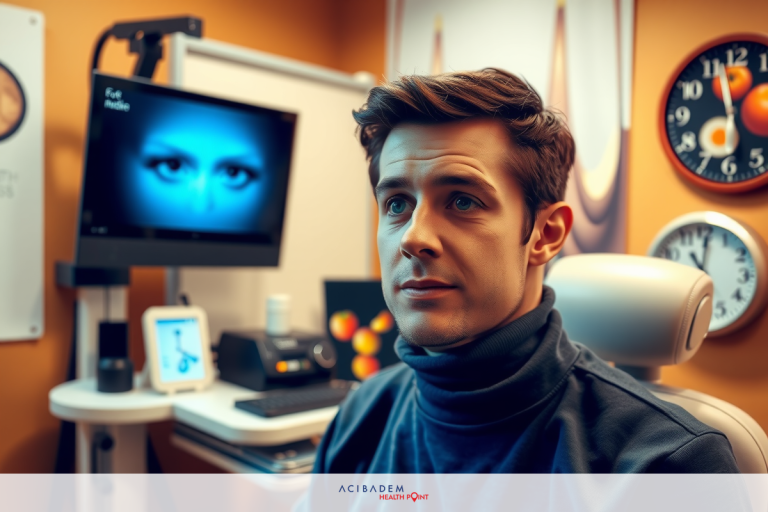Does Laser Eye Surgery Lower Low Light Vision
Does Laser Eye Surgery Lower Low Light Vision Laser eye surgery has been a great contribution to correcting vision defects. Millions around the world have had their eyesight restored, some even achieving perfect 20/20 vision! But when it comes to low light conditions, are these individuals able to see as well? This thought leaves you pondering whether laser eye surgery might interfere with one’s ability to move in less than optimal lighting situations.
Low light vision is essential for those twilight walks and moonlit views. Can we enhance our dim daylight sight while also granting us the clearness of perception we crave under the soft glow of evening lights? These questions valuable observation into how laser eye surgery affects not just day-to-day visual acuity but specifically targets that delicate balance between brightness and darkness.
Exploring Laser Eye Surgery
Laser eye surgery is an advanced procedure designed to correct vision problems. It works by reshaping the cornea that helps focus light and makes vision possible. Notably, this includes issues such as myopia (nearsightedness), hypermetropia (farsightedness), and astigmatism.
The benefits of laser eye surgery are extensive. Patients often experience significantly improved eyesight following the operation, with a notable percentage achieving 20/20 or near-perfect vision. Surprisingly, some even surpass this threshold to achieve 20/15 visibility or better! The freedom from glasses or contact lenses brings about a new lease on life for many.
The process itself involves directing concentrated pulsating beams of light towards the cornea to modify its shape subtly. High precision lasers give practitioners amazing control during this stage, ensuring accuracy and safety as top priorities in their surgical practices. By adjusting how your eye focuses light onto your retina, desired visual clearness can be achieved post-surgery.
Yet in all these understandable excitement over improved eyesight for countless patients worldwide through laser eye surgery, there arises one query hinting at further refinement in our understanding: does it affect low light conditions? Looking into how this phenomenon occurs could indeed promise an avenue worth exploring for any prospective patient considering laser treatment.
How Laser Eye Surgery Affects Low Light Vision
The link between laser eye surgery and low light vision is a key point of interest for many. After all, the ability to move confidently in dimly lit conditions forms a crucial aspect of our daily lives. Thus, understanding how such an impactful procedure could influence these darker moments makes it necessary and indispensable.
Laser eye surgery primarily revolves around the reshaping of your cornea. This delicate layer plays a substantial role in filtering light into your retina — effectively determining how clear or blurry your immediate reality presents itself. Therefore, any alterations due to surgical interference might understandably hold potential effects on low light vision too.
After undergoing laser eye procedures like LASIK or PRK, some patients report experiencing issues with their night vision initially – often described as halos or glares around lights. In most instances, however, this resolves over time as part of the healing process post-surgery; thereby enhancing overall visual acuity naturally thanks to restored eyesight capabilities.
Yet despite occasional temporary occurrences mentioned earlier, well-performed corrective surgeries seldom have lasting adverse impacts on one’s twilight sight capabilities – meaning you still get to enjoy those cozy

evenings worry-free! Further scientific research continually pushes advancements forward ensuring improved techniques that promise even more satisfying outcomes soon enough.
Tips
Post-surgical care forms a important part of the laser eye surgery journey. Your eyes just went through a substantial healing phase, so taking good care ensures optimal recovery and further enhances your newfound vision powers – especially in lower light situations.
Eating a balanced diet rich in vitamins A, C, E and zinc is one way to promote healthier eyesight following laser eye surgery. These nutrients specifically target the health of our eyes, protecting us against potential impairments such as those related to low-light conditions. An enriched diet could help shore up any possible deficiencies post-surgery tipping the scales towards improving rather than hindering your vision capabilities.
Give your eyes time to adjust naturally too! Post-surgery doesn’t mean instant perfection. They’ve been treated extensively and deserve well-due rest for proper healing. During this period, avoid straining them unnecessarily under extreme brightness or complete darkness all at once. Gradually reintroducing familiar lights aids their adjustment process better!
Investing effort in daily exercise keeps blood circulation smooth ensuring every corner of your body receives vital nutrients effectively! This improves general vitality leading potentially improved low-light recognition abilities, making it an appealing notion for enhancing after-dark visuals remarkably!
Regular follow-ups with medical personnel keep you right on track towards achieving top-notch night-eye fitness guaranteeing lifetime rewards following successful laser eye treatments.
Frequently Asked Questions
How soon after laser eye surgery can we expect vision improvements?
Most patients notice a significant change in their eyesight almost immediately post-surgery. Full recovery and complete visual enhancement usually happen within several weeks or months- depending on individual cases.
Could laser eye surgery harm our ability to see in low light conditions over time?
It's crucial to note that some patients initially experience certain night-time visuals like halos or glares post-surgery. These issues mostly solve themselves over the healing process period. Rarely leaving long-lasting effects which might compromise your low-light vision capabilities.
What steps could I take personally towards enhancing my twilight sight following treatment?
Healthy lifestyle practices such as maintaining a balanced diet rich in specific vitamins and minerals contribute towards better eyesight overall! This enhances optic nerve functions — indirectly leading potentially improved recognition abilities under darker situations too!
This article is for informational purposes only and should not constitute medical advice. Consult with healthcare professionals before making decisions about your health.








